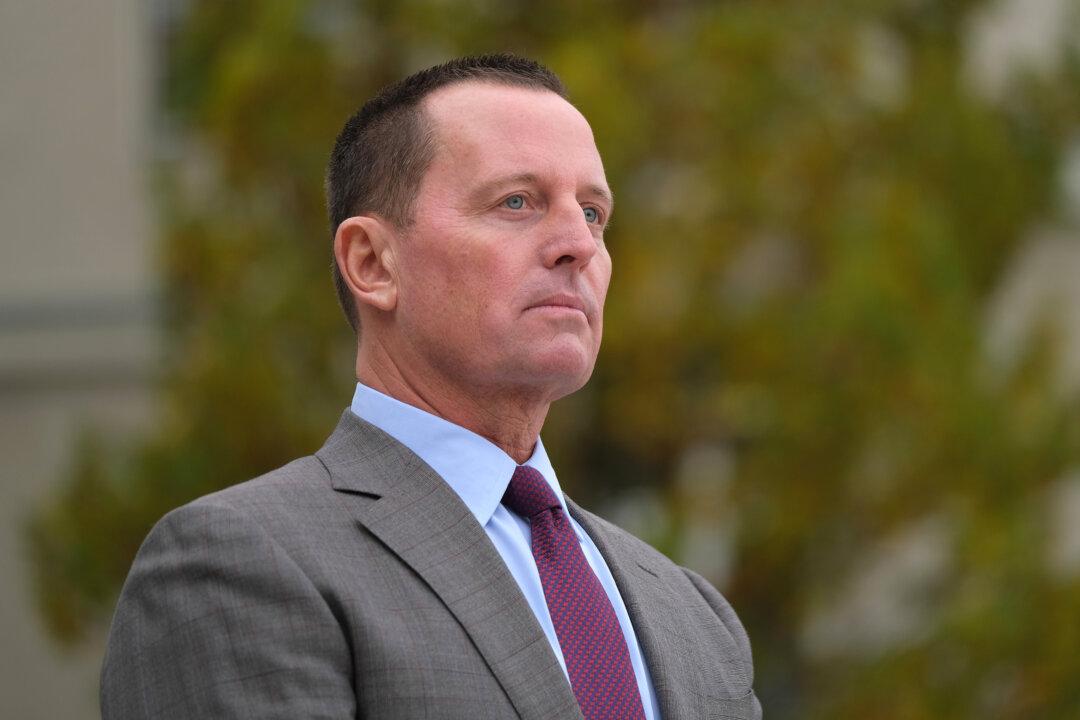Commentary
The election of 2016 revealed the fault lines in U.S. political culture in a way that no event has since the Civil War.

The election of 2016 revealed the fault lines in U.S. political culture in a way that no event has since the Civil War.